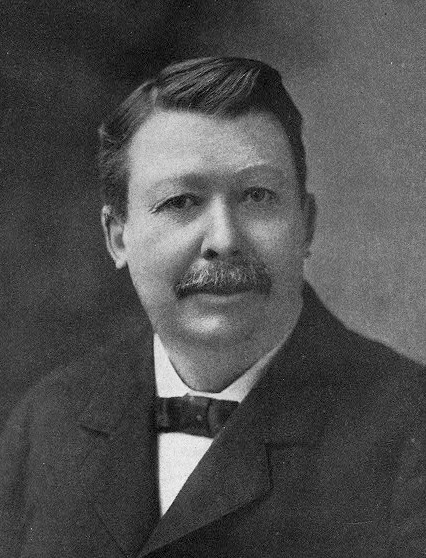 |
| "Good Health" 1911 Heines Kalmsteiner |
In much of Christian Europe this day is also known as Silvester or the Feast of Sylvester. Some of the more interesting iterations of celebrating the arrival of the new year occur in the Celtic nations of Wales and Scotland. In Wales "New Year's Eve" translates to "Nos Galan," a day to pay off all debts, visit from house to house (first-footing) to sing carols, exchange gifts, drink a refreshing beverage or two, and enjoy mincemeat pie and rice pudding. The great musical tradition of Wales has provided us with the melody for the most appropriate carol for the day, Deck the Halls. A wide variety of lyrics emerged over the last three centuries. The video below provides one example and a partial translation. The video concludes with the more familiar Deck the Halls lyrics written in 1862.
Happy New Year 2025!
 |
| Happy New Year, Postcard 149 Karl Dellavilla, ca. 1908 |
Sources
theviennasuccession.com
Text:
bbc.co.uk





























